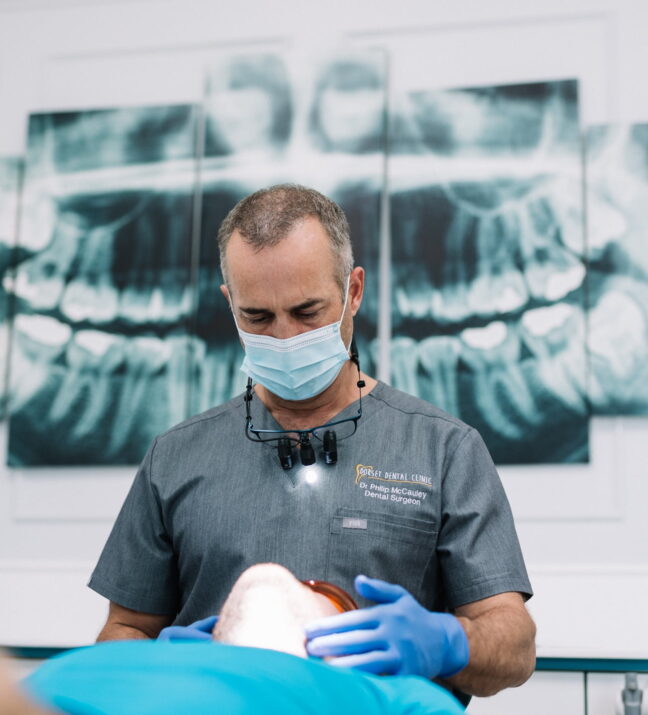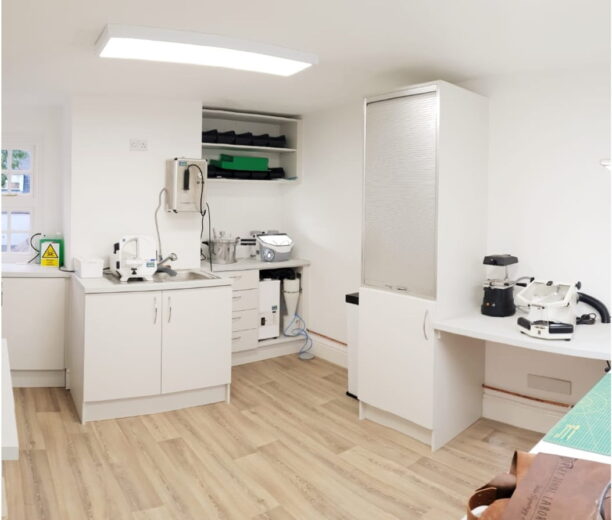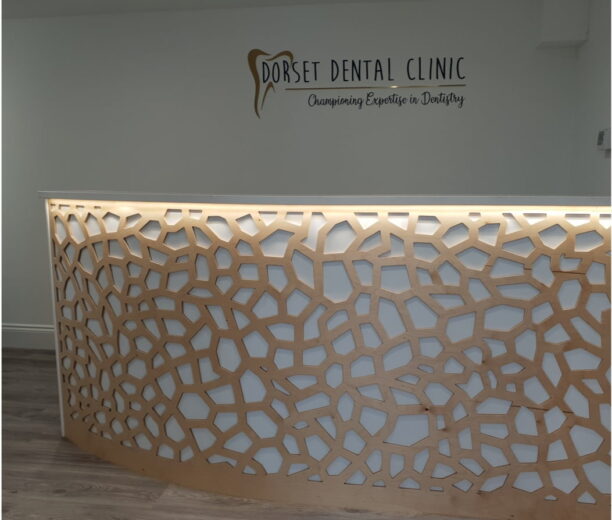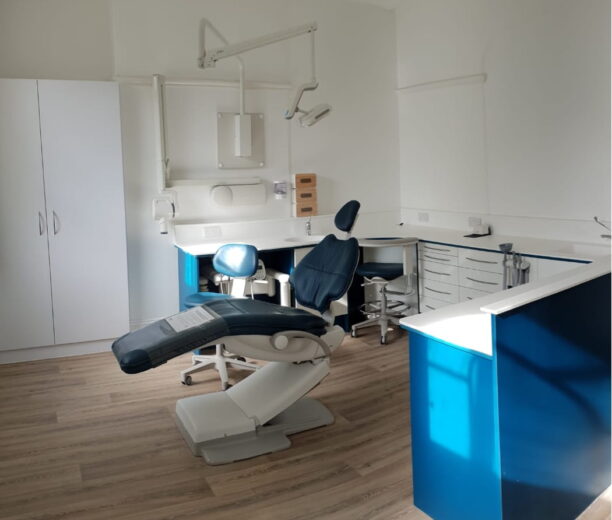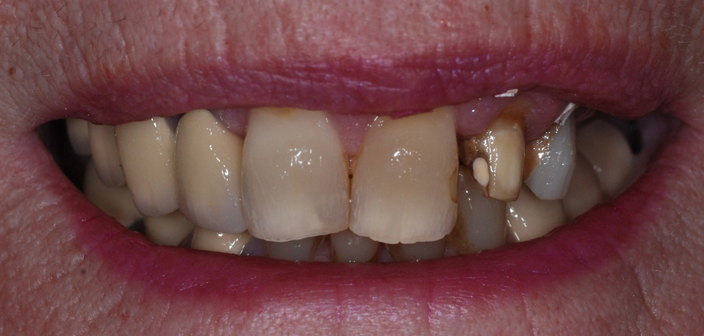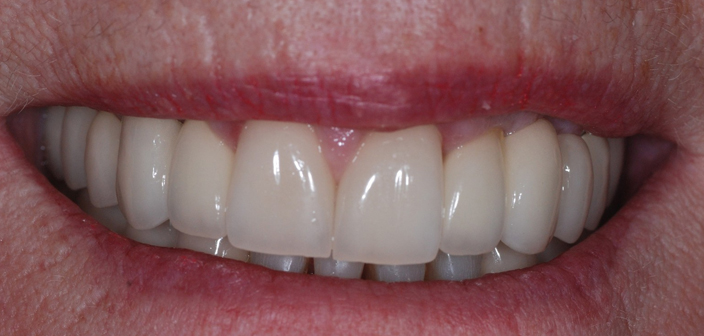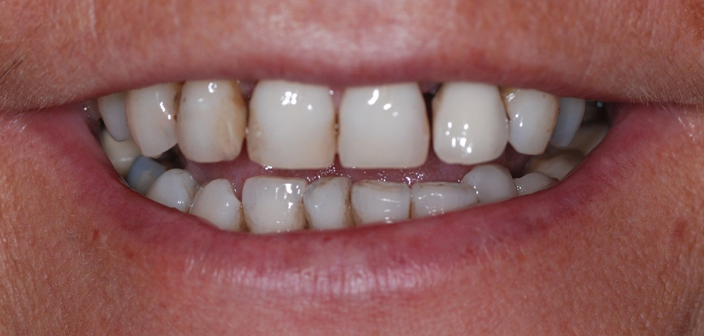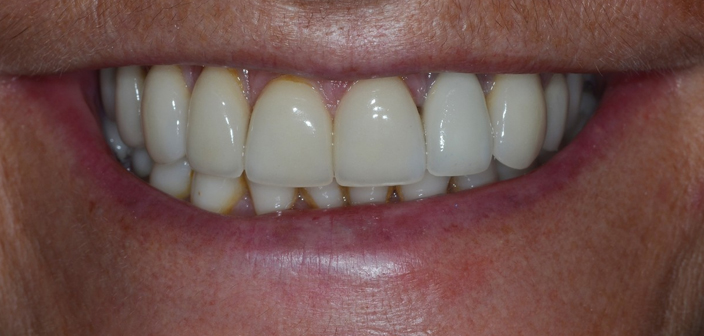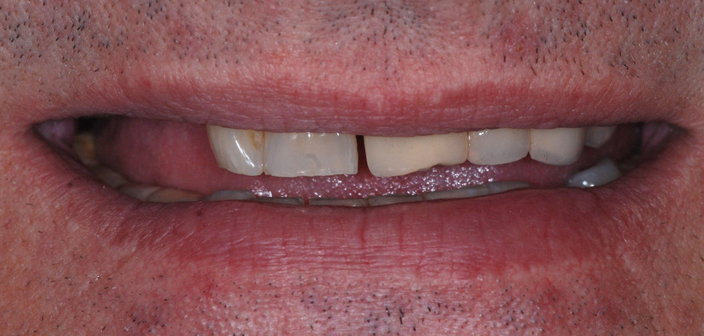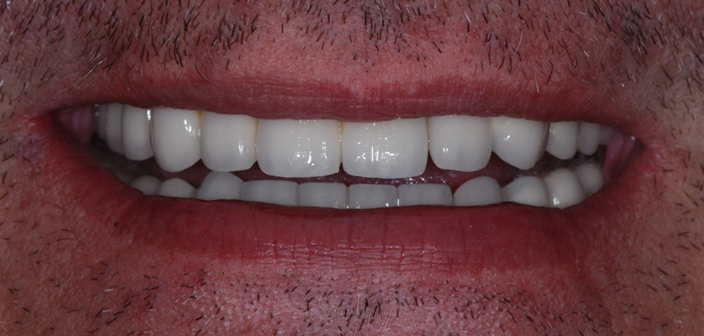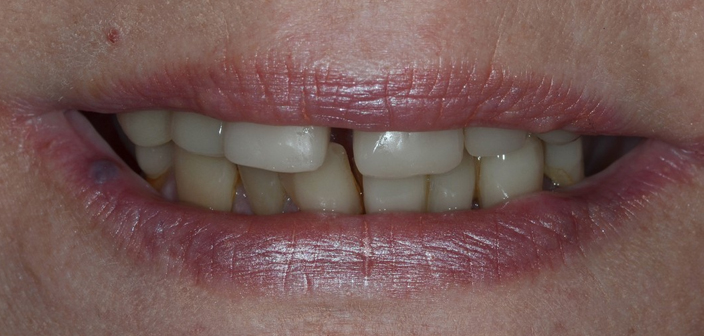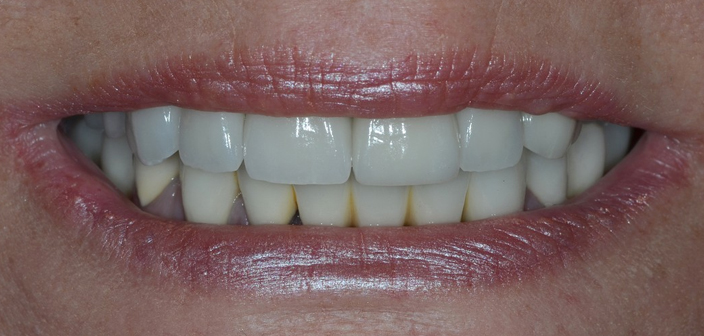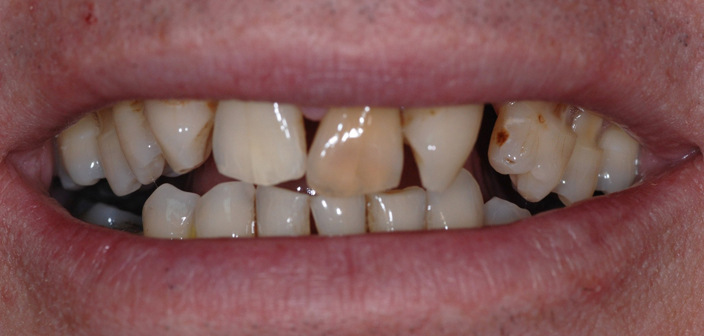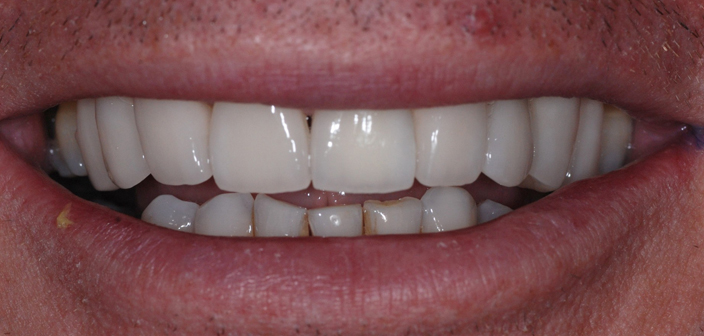Can I get Dental Implants on the NHS?
In short, no sorry.
In exceptional circumstances such as severe hypodontia (six or more missing teeth) or tooth and tissue loss following trauma such as a road traffic accident or surgery for cancer, a consultant may request approval for NHS funding. The cost of maintaining dental implants and any future replacement is not guaranteed.
Learn More
Will I be Suitable for Dental Implants?
Dental implants are suitable for most adult dental implants are suitable for most adults.
However, for full arch dental implants or ‘All-on-4’ implants, you must have a good amount of bone to hold them in place.
If, after your consultation it is found that you do not have the required amount of bone, we offer a bone regeneration treatment.
Is the Surgery Painful?
Most people who have received dental implants say the procedure is relatively painless.
In fact, many say the pain is less than a tooth extraction.
You will receive local anaesthesia for the treatment to make the process as comfortable as possible.
We also provide medication to take home with you to help manage any soreness in the days following your implants.
How Long do Dental Implants last?
If properly cared for, as you would with real teeth, dental implants can last a lifetime.
The crown (tooth fitting) may need replacing through wear and tear after 10-15 years.
What is the Failure Rate of Dental Implants?
We are incredibly proud of our 98.2% success rate.
After your dental implant procedure, the process for the implant to fuse with your jawbone can take a few months.
The success of dental implants relies entirely on these few months for the jawbone to properly heal.
How do I Care for Dental Implants?
Dental implants are effectively your new set of teeth, so they should be looked after in the same way. Brushing, flossing, rinsing with mouthwash and regular visits to the dentist will keep your teeth and mouth healthy.
We strive to ensure that everyone’s dental care plan is tailored to the individual. If you have further questions about dental implants, book your free initial consultation with us today.
For more information, contact us on 01202 973 300.
Will I ever be Without Teeth?
No.
The All-On-4 denture is a smile in a day process. You will leave the surgery with your new teeth in place.
Although all patients have different requirements, the concept of All on 4 is that the implants fuse to the patient’s bone from the first day of treatment, promoting stability and functionality.
Will I need to take Time Off Work?
Although not painful implants can cause discomfort as your dentist will make small incisions in your gums using a local anaesthetic.
Afterwards, there could be some soreness.
Treatment for a single implant should not require time off work. However, you may wish to plan a day off as a precaution.
How much do Dental Implants Cost?
We offer multiple financial solutions to our patients: these include pay as you go, 12-month interest-free standing order or up to 5 years on finance.
Do I need Someone to Accompany Me?
We offer sedation for patients who are worried about treatment. It is also advisable to ask someone to drive you home if this is possible.
Please ask Dr Philip McCauley for more details.
For more information, contact us on 01202 973 300.
Can a Bridge be Attached to an Implant?
The short answer is yes, absolutely!
Aside from a single implant supporting a single fixed tooth, this is the next most common use of dental implants. Basically, the concept of a dental bridge is structurally not dissimilar to a bridge you would see over a road or river. You have supported at either end of a structure in the middle, whose function it is to bear the load.
If you are missing several teeth, dental implants can be placed to act as the supports for the load-bearing structure ( the prosthetic teeth).
As a general guide, two implants can support up to four prosthetic teeth, three implants can support up to seven missing teeth and four implants can be used to support up to twelve missing teeth.
This really is only a guide, and every patient is assessed on an individual basis as to the optimum number of implants to be used to support the number of teeth the patient wants to have replaced.
Can I eat Normally after Dental Implants?
One of the main advantages of having dental implants is, of course, the ability to eat and chew the foods you enjoy the most.
We want you to be able to eat anything you like. Many people find they can enjoy their favourite foods, with common requests being that patients would like to be able to eat apples, steak and sandwiches again. Most people find that this is the biggest positive to having dental implants.
Immediately after you have had implants placed we advise you to have a soft diet for a few days or even weeks. If we are able to attach a temporary fixed tooth or teeth to your implant/implants the post-operative effect on your eating is very much minimised.
Modern implant techniques are constantly being developed to increase the predictability of immediately placing provisional teeth onto the implants on the day the implants are placed, and we are having very good results with these methods.
Does the Body Reject Dental Implants?
The short answer is no.
Dental implants are largely made of titanium with some implants being made of zirconia.
Both of these materials are biocompatible and are used all over the world for countless surgical applications because of this fact.
How Long does it take Dental Implants to Heal?
The process whereby the body grows onto the implant and fuses with it is known as osseointegration and could be considered as meaning the body has healed around the implant.
During that time, it may be possible for the implant to have a temporary restoration attached to it depending upon the initial stability of the implant in the bone.
It may also be advised to leave the implant undisturbed for up to 9 months with no temporary tooth attached in very specific but rare situations.
Is a Bridge Better than a Dental Implant?
There are pros and cons to a bridge instead of an implant. A bridge may well be easier, quicker and less costly initially to provide rather than an implant.
The downside is that we may well have to drill relatively heavily into the teeth adjacent to the gap to support the bridge which in the long term makes the supporting teeth more vulnerable to decay, gum disease and need to have a root canal treatment.
All these aspects must be considered when choosing to have a bridge rather than a dental implant.
Is it Possible to Remove a Dental Implant or is Removing a Dental Implant Painful?
Firstly it is extremely rare that we have to remove a dental implant.
However, should it be required we have a range of specialised tools and instruments that make the procedure quick and pain-free. The procedure would be carried out under local anaesthetic and patients can expect a full recovery within 24 hours or so.
Post-operative discomfort is minimal and controlled with routine painkillers.
What are the Negative Effects of Dental Implants?
A dental implant with a prosthetic tooth or teeth attached to it is the closest thing we have to a natural tooth or teeth, but there are a couple of areas whereby it does not mimic the natural tooth 100%.
The first is that a dental implant does not have nerves attached to it like a tooth, and therefore it can feel dull or have a dead feeling that patients find hard to describe.
The next negative thing would be that they can be prone to food packing around them, and be a little more difficult to keep clean compared to natural teeth. However, these downsides are far in away outweighed by the positive effects of being able to chew and eat your food better.
What is the Alternative to Dental Implants?
The alternative to dental implants is either to have a gap, have a denture, or have a bridge. A gap is self-explanatory.
A denture is a removable prosthetic tooth or teeth, made out of acrylic resin and or Cobalt Chrome, a material called PEEK or even sometimes nylon or gold.
A bridge is when the prosthetic tooth or teeth is/are attached to the teeth adjacent to the gap by means of placing a crown on those teeth, or by another method known as an adhesive wing.
Each of these treatment options has its positives and negatives and you should talk about all of these options with your dentist if you have a missing tooth or require a tooth to be extracted.
Pros and Cons
What is the downside to dental implants or what is the failure rate of dental implants?
There are very few downsides to dental implants in general.
The main downside may be that the total treatment time from start to finish is usually much more than routine dental treatment when treatment is usually completed in one or two visits.
Treatment time would be a minimum of four months, right up to 18 months depending on the number of implants required, the complexity of the overall treatment plan, and the amount and condition of the bone where the implants are placed.
Due to the time-consuming component and the high costs of providing this type of treatment, the initial costs of dental implants is another downside of treatment, however, the value lies in the long term prognosis of this type of treatment in general.
The failure rate of dental implants is very low, less than 2%. If you are unlucky enough for your implant not to integrate, we place another implant free of charge.
